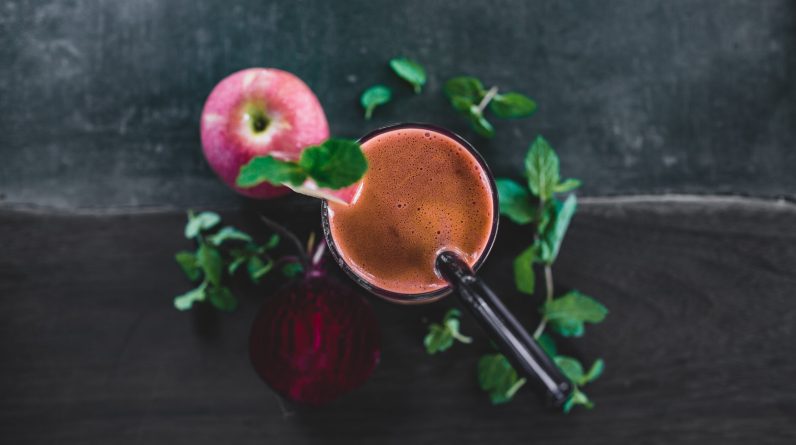
Is Breakfast the Most Important Meal of the Day? A Deeper Look into the Morning Ritual
The age-old saying “breakfast is the most important meal of the day” has been ingrained in our cultural psyche for generations. But is there scientific evidence to support this claim, or is it merely a breakfast myth? In this article, we will explore the role of breakfast in our daily routine, examine its potential health benefits, and consider the circumstances in which skipping might be a viable option. By the end of this discussion, you’ll have a clearer understanding of whether truly deserves its prominent status.
The Historical Significance of Breakfast
The idea that is crucial has roots dating back centuries. Various cultures have attached significance to the morning meal, considering it a means to fuel the body and prepare it for the day ahead. However, the specific foods and traditions associated with breakfast have evolved significantly over time.
In medieval Europe, was often a hearty meal consisting of bread, cheese, and ale, designed to provide sustenance for laborers who would toil in the fields all day. In contrast, ancient Chinese breakfasts were centered around congee, a rice porridge, and pickled vegetables. The common thread among these diverse breakfast traditions was the recognition of the morning meal as a source of energy and nourishment.
The Modern Breakfast Dilemma
Fast forward to the modern era, and breakfast has taken on a new dimension. For many, it has become a rushed affair of cereal, yogurt, or a grab-and-go pastry. The demands of our fast-paced lives often leave us with limited time to sit down and enjoy a leisurely . This shift has led to the question of whether remains as vital as it once was.
The Benefits of Breakfast
Proponents of breakfast argue that it provides numerous benefits to both physical and mental well-being. Let’s delve into some of these potential advantages:
- Metabolism Boost: Eating can kickstart your metabolism, helping you burn calories more efficiently throughout the day.
- Improved Concentration: A balanced can enhance cognitive function, leading to better focus and productivity.
- Weight Management: Some studies suggest that breakfast eaters are less likely to overeat later in the day, potentially aiding in weight management.
- Nutrient Intake: can be an essential source of essential nutrients, including fiber, vitamins, and minerals.
- Blood Sugar Control: Consuming a morning meal may help regulate blood sugar levels, preventing energy crashes and cravings.
The Case Against Breakfast
While the benefits of breakfast are well-documented, it’s essential to consider individual circumstances and preferences. Some argue that intermittent fasting, which involves skipping and limiting eating to a specific window of time, can have health benefits. Research has shown that intermittent fasting may improve insulin sensitivity, promote autophagy (cellular repair), and aid in weight loss.
Furthermore, not everyone experiences hunger in the morning, and forcing oneself to eat can lead to discomfort and reduced enjoyment of meals later in the day. In such cases, skipping might be a more suitable option.
The Breakfast Dilemma: Individualized Approach
The breakfast debate underscores the importance of individualization when it comes to dietary choices. While undoubtedly offers advantages for many people, it’s not a one-size-fits-all solution. Factors such as personal preferences, lifestyle, and health goals should all be considered when determining whether should play a role in your daily routine.
So, is breakfast truly the most important meal of the day? The answer is nuanced. While can provide a range of benefits, its significance varies from person to person. The key is to make informed choices that align with your unique needs and goals. Whether you choose to savor a hearty breakfast every morning or opt for intermittent fasting, the ultimate goal is to maintain a balanced and nourishing diet that supports your overall health and well-being. , though important, is just one piece of the dietary puzzle.
Is it acceptable to skip breakfast?
Skipping breakfast is a topic that has garnered significant debate over the years. The acceptability of skipping largely depends on individual preferences, lifestyle, and health considerations. While breakfast is often hailed as the most important meal of the day, it’s not an absolute necessity for everyone.
For some people, skipping breakfast can be a deliberate choice as part of intermittent fasting or time-restricted eating patterns. These approaches can have potential health benefits, such as improved insulin sensitivity and weight management. Additionally, some individuals may not feel hungry in the morning and may prefer to eat their first meal later in the day.
However, it’s crucial to recognize that not eating breakfast can lead to feelings of hunger, fatigue, and reduced concentration for some individuals. For children and teenagers, breakfast provides essential nutrients and energy for their growing bodies and developing brains. Furthermore, skipping should not be a substitute for a balanced diet throughout the rest of the day.
In conclusion, whether it’s acceptable to skip breakfast or not varies from person to person. It’s important to listen to your body and consider your unique dietary needs and goals. If you choose to skip , ensure that you maintain a nutritious and balanced diet during the remaining meals of the day to support your overall well-being. Consulting with a healthcare professional or registered dietitian can also provide personalized guidance based on your specific circumstances.






